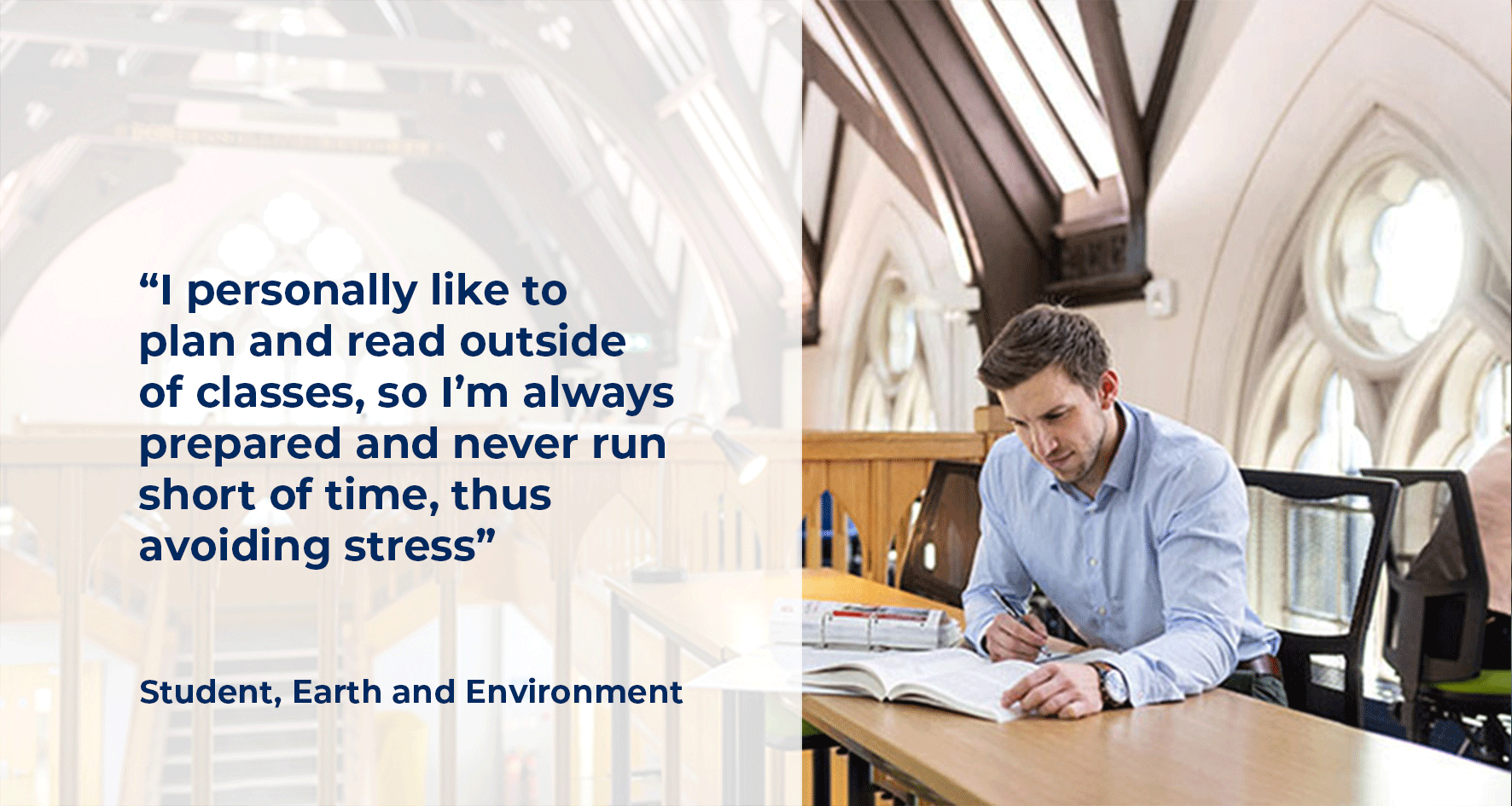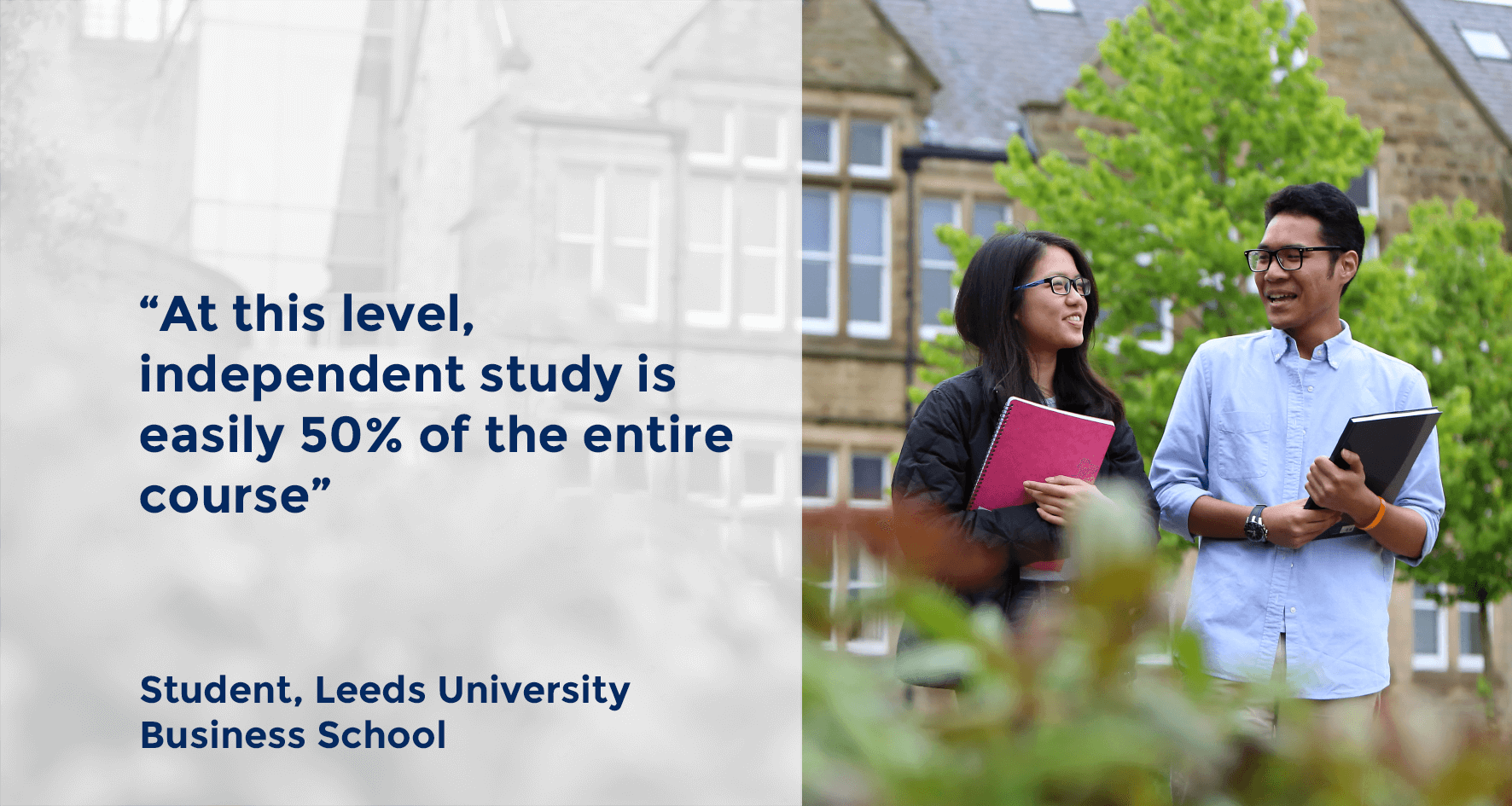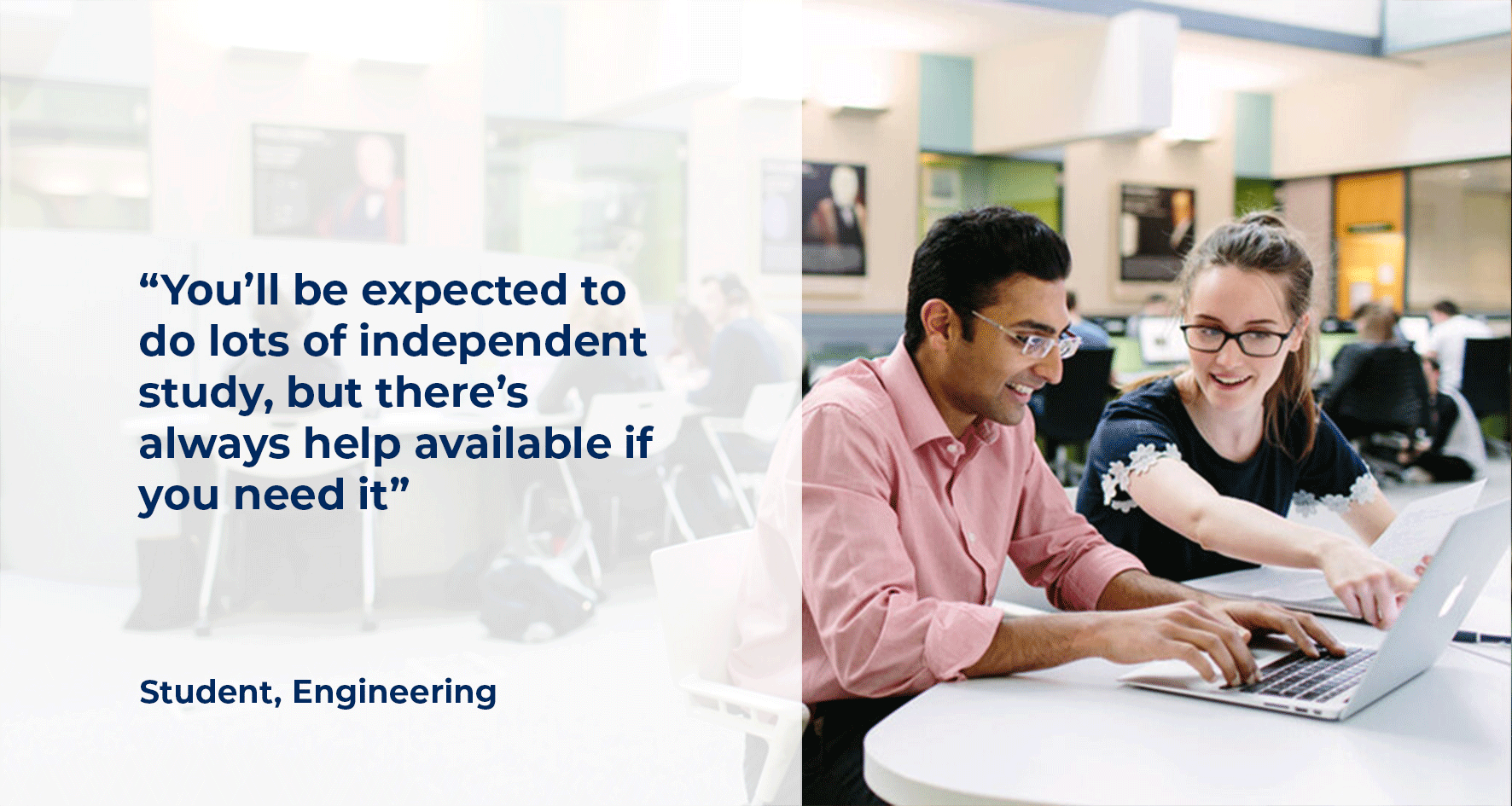Good time management is essential for successful study at Masters level. Given the average number of study hours expected for each module, when taking into account both your timetabled teaching hours and the time you are expected to study independently, it is likely that you will need to spend 35 to 40 hours per week for a full-time Masters degree. This is a similar commitment to a full-time job, and you will need to plan your time accordingly. You will also need to take into account other work, family or personal commitments. Using tools, such as a wall chart, calendar, hard copy diary or an online planner, can really help. One way of planning out your study time is to work backwards. Make a note of key deadlines and factor in how much time each assignment will require.
Try creating a week-by-week timetable, factoring in your timetabled classes. Planning backwards from deadlines can often be more effective as you get a better sense of how individual tasks relate to one another, and realistically how long will they take. This technique will help you avoid last-minute deadline panic. See below for an example of effective backward planning for an assignment.
Assignment planning example
| Tasks (in reverse order) | Deadlines | |
|---|---|---|
| 7 | Final proofreading and submission | 15 December |
| 6 | Revise, edit and proofread | 7 December |
| 5 | Finish a first draft | 30 November |
| 4 | Read, make notes, draft paragraphs and read more | 15 November |
| 3 | Plan a structure and paragraph patterns | 7 November |
| 2 | Background reading and discussions with tutor | 5 November |
| 1 | Read around the assignment topic and think of an area of interest to research | 20 October |
Most Masters students will be expected to undertake a longer research project during the latter part of their studies. However, before you begin your project, you will be set a variety of shorter assignments for each module; these are intended to test your learning on each topic and to give you the opportunity to cultivate effective Masters level study skills. While the word count and depth of investigation will be less than for your research project, it is important to apply the same principles of effective time management and planning for all assignments.
Use the vacation periods wisely – be mindful of any deadlines and exams that follow the Christmas and Easter holidays, but also take some time off to relax! Where possible, try to raise any queries with your tutors ahead of the vacation periods. However, you do not have to wait until teaching starts again if you do need help. Your school reception, and University services such as Skills@Library, are normally open during vacation periods (expect when the University as a whole is closed).
To help you plan and manage your time, think about the different stages of work that need to be completed and create a project plan. Set a deadline for completion for each of these stages. Click to download an example that you can use and adapt.
The fact that your Masters commitment is comparable to a full-time job makes it more important to factor in time to relax. Taking regular breaks from your studies will help you to consolidate and process your existing and newly acquired knowledge. Looking after your wellbeing is an important part of being a successful student. We would encourage you to get involved in the numerous activities and leisure pursuits offered by both the University and Leeds Student Union, and take time to get to know the fantastic regions of Leeds and Yorkshire!
Tips
- Check your module handbooks for key dates and deadlines, and add them to your calendar
- Identify your study and life priorities and focus more on the tasks that are pressing and important
- Work out when and where you are most productive and develop your study routine accordingly
- Read more about effective learning and how to avoid procrastination on our Time Management webpages
- Take time out, be active and connect with others, by participating in initiatives such as Global Community and Get Out, Get Active, and events and activities offered by Leeds University Union
Now would be a good time to reflect on your previous study and work experience. Try noting down what your most effective strategies are for juggling tasks and meeting multiple deadlines, and consider how you might apply these organisational and time management skills to your Masters study.



